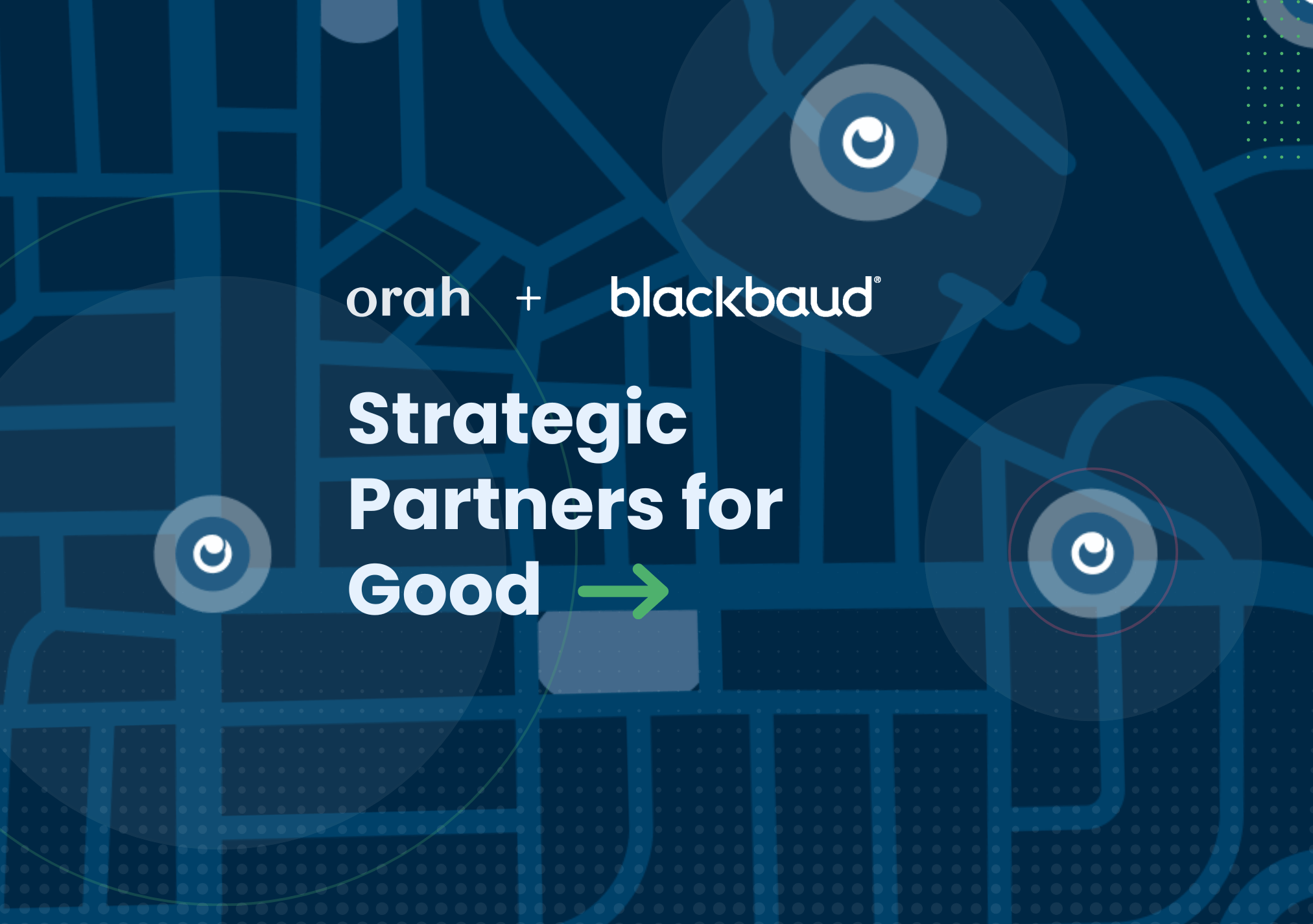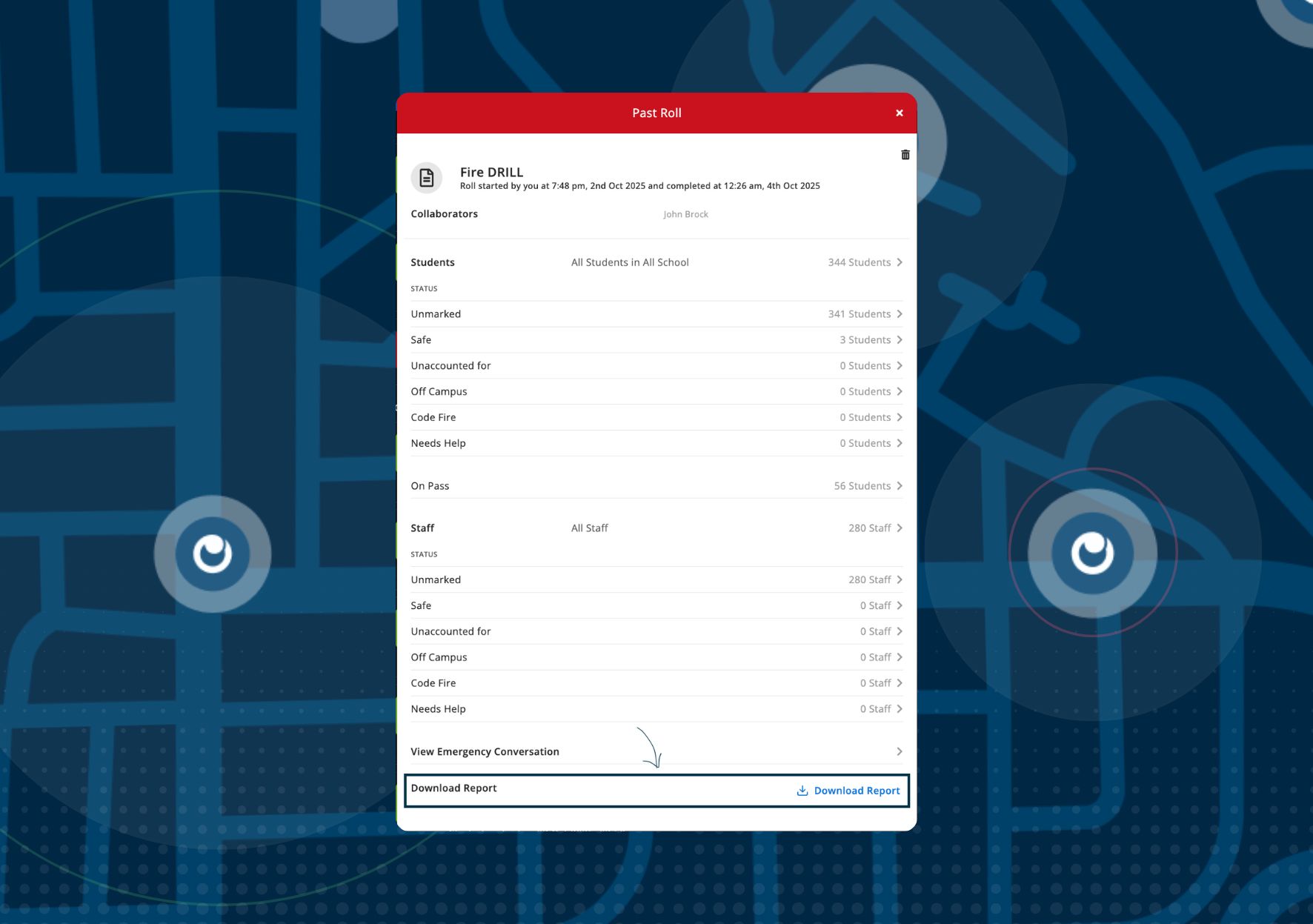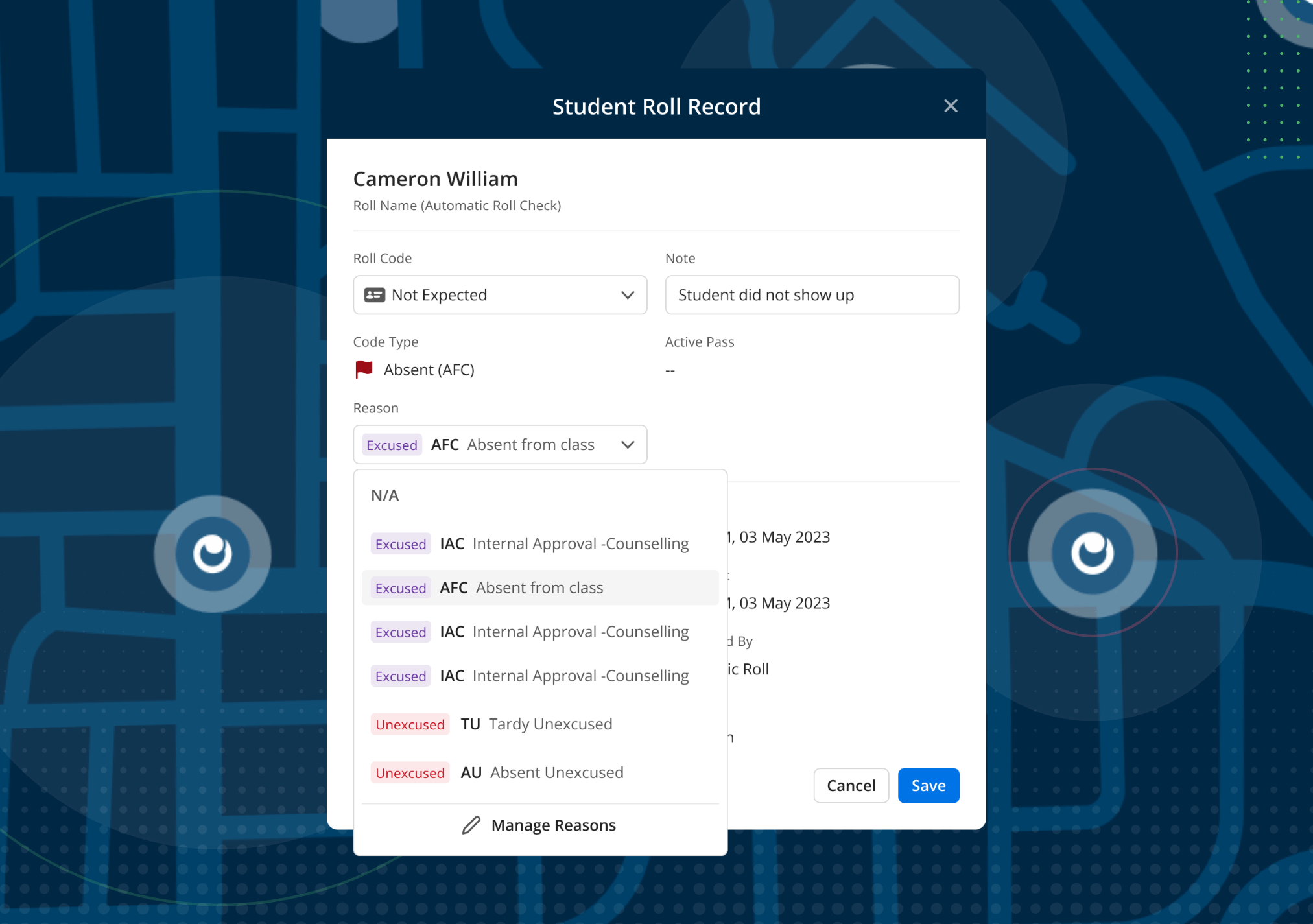What Teenagers Think About Their Online Safety
Vincent Paget
•
March 12, 2019

Young children these days are growing up in a totally different world to what we experienced.They’re digital natives, born and raised with the internet, iPhones, tablets and computers. Most of them can’t even recognise a walkman or CD-player that you would've had when we were growing up.Despite their tech-savviness, they still need to learn how to protect themselves online. However, trying to educate adolescent teens about this can be difficult, not because they may be more technically sound than you, but because it can be hard for you to relate to what it’s like to grow up in this technological world.A lack of understanding of online safety from their perspective makes it harder for you to relate to their experiences and connect with them on an emotional level.So I want to help bridge this gap by sharing with you, what a typical teenagers perspective might be like. I'm not a teenager anymore, but I did spend my early childhood and teenage years with a strong hold on technology.Based off research and my own personal experiences, here's 4 key areas of online safety with a focus on a teenagers perspective.
1. Your Digital Footprint Lasts Forever
During my early high school years, the social networking site, Bebo, was hugely popular. On Bebo, everyone had personalised profiles where they could upload photos, connect with their friends and send “love hearts” to each other - love hearts and profile views were the two metrics used to measure someone's popularity.I’m not going to lie, I was really into it and so were all my friends. We all personalised our profiles with photos, cringe-worthy comments, and fancy Bebo skins (which was your fancy background style for your profile).For a few years, Bebo was hugely popular, amassing 10.7 million unique users, but around 2009, Facebook took over and everyone switched over in the blink of an eye.6 years pass by and I’d totally forgotten about Bebo. I didn’t even think it existed anymore. That was until a friend of mine told me that his prospective employer had found his old Bebo account during an online background check.I thought he was joking, no one used Bebo anymore, but I had to see for myself.So I logged in with my old details and sure enough, there it was. Exactly how I left it 6 years ago. Nothing had changed except for the number of profile views, which indicated that people had still been visiting my profile while I was gone.All of the photos, comments and videos that I thought was a good idea when I was 14, had come back to haunt me.Needless to say, I’ve now deleted my Bebo account, but it just goes to show how easy it is to forget about what information your digital footprint may contain.Your digital footprint captures a trail of information that you leave behind as you use the internet. It can include anything from your photos, videos, comments, and personal details, to your most visited sites and common searches.Although teenagers are notoriously tech-savvy, they don’t necessarily consider the bigger picture when they share their information online. They're more worried about getting likes on their latest Instagram post or creating the next funniest video, they end up forgetting about the impact it can have on their future.Just like my forgotten Bebo account, other teenagers will explore the internet without being fully aware of what they're actually leaving behind."Online, your memories last forever. But so do your mistakes”.For me, this quote from the movie “Unfriended” (a horror movie based around privacy and social media) perfectly describes the situation.Helping your teens to understand the significance of their digital footprint is an important first step towards protecting them online.[Tweet "Understanding your #DigitalFootprint is the first step towards #Esatefy"]
2. Being In Public Vs Being Public
With the internet now integrated into almost every aspect of our lives, the issue of privacy has become a huge talking point.The main consensus being that our younger generation is sharing too much information online because they just don’t care about their privacy anymore.Some, now even consider the entire concept of privacy to be irrelevant.But this couldn’t be further from the truth. Teens genuinely do care about their privacy, however, they just understand the concept of privacy differently to the way you may logically understand it.Unlike politically conscious adults, teens aren’t typically concerned with government agencies or corporations, rather they're more interested in trying to avoid surveillance from their parents, teachers and anyone else that may be "in their business”.Danah Boyd, author of “It’s Complicated: The Social Lives Of Networked Teens” describes a typical teenagers perspective on privacy, as a desire to be in public, but not to be public. Sound contradicting? It kind of is, but there’s some sense to it, let me explain.Before the internet, if you wanted to socialise in public, you might meet with your friends at the local park or at the mall, and anything you said or did during this time (in public) would remain private within that group of people. Other people may later talk about what you did but your actions would in no way be publicised.But today, if teenagers want to socialise in public, they do so online, and if they want to participate, they have to do so knowing that their actions will be made public for everyone to see, forever imprinted on the internet.So on the one hand, teens naturally want to socialise and participate in public, but on the other hand, they don't necessarily want every vocalised expression to be publicised for everyone to see.However, despite their desire for privacy, it by no means will stop them from participating in public. This is because teens view their online connectivity as a necessity for cultural development and to prevent social isolation.[Tweet "A teens desire to socialise will outweigh their desire for #privacy"]The difference between being “in public” and “being public” is how Danah Boyd understands the way adolescents conceptualise and navigate through social media. And by understanding the concept of online privacy in this way, you too can place yourself in a better position to relate to your students and their unique situation.Read this article by Danah Boyd - "The Truth About Teens And Privacy"
3. A New Breed Of Peer Pressure
The content that teens are exposed to online - perfectly photoshopped images on Instagram, drug and alcohol-related posts on Facebook, sexual content on Snapchat - has all created a new kind of passive peer pressure.Studies have shown that teens are more susceptible to peer pressure because their brains derive greater pleasure from social acceptance. They tend to find being liked by other people very gratifying and make decisions based on emotion, rather than being rational.So it’s clear to see how teens are so easily influenced by what they see online.Studies have shown that 75% of teens have tried alcohol and drugs just because they saw others doing it on social media.And with likes, comments and views publicly displaying your popularity, it’s not uncommon for young teens to feel pressured when posting online - Desperate to get as many hits as possible because if they don’t, they think they'll be considered unimportant or virtually non-existent.It's the urge to be socially accepted in this new norm (which has been portrayed online) that is the increasing the amount of abnormal behaviour among teens. But of course, the effects of peer pressure affect everyone differently.For instance, teens that are socially anxious or have low self-esteem are more likely to be easily influenced by others. Teens with these traits tend to easily conform to what's considered socially acceptable or popular online and can be at risk if they’re influenced by online content that isn’t real - content that has been manipulated to portray a false facade (eg. photoshopped images).Some teens appear to be resisting the urge to give in to peer pressure by being "different," but studies have confirmed, they may only react in this way because they have a higher need for “uniqueness” and “attention". They're influenced to go against what is socially accepted in the pursuit of more attention, however, this attention is often met with negative comments and acts of cyberbullying.Aside from the negative effects of peer pressure, it should also be noted that it can lead to more positive outcomes among teens. It just depends on who and what they surround themselves with online.For instance, if teens are surrounded by people who value academic excellence and excelling at sports, it'll probably encourage them to study or train harder.However, the reality is, young teens tend to surround themselves with what they deem to be “cool” or “popular” and good behaviour like studying is not often associated with this.This issue of peer pressure among adolescent teens is a difficult one because those that are heavily influenced may not be aware of it, and if they are, they're not likely to want to talk to you about it.On the whole, every teen will be subjected to this kind of peer pressure but in the end, they'll need to learn to cope with it on their own. They need to face it head on and you need to let them, after all, they're not going to have you around to look after them forever.[Tweet "Teens need to face #OnlinePeerPressure head on"]However, teens still need to be taught about the dynamics of peer pressure and what they should do in said situations, but allowing them to face the influences of peer pressure by themselves, is an important step for teens to become independent-thinking adults.
4. Cyberbullying vs Traditional Bullying
The fundamental principles of bullying - a way to stay popular, feel powerful, cope with their own self-esteem issues - still remain in the online world, but there are a few specific reasons why cyberbullying is so much more powerful and common among teens than traditional bullying:
- Anonymity - A big reason why most teens participate in cyberbullying is because they can do so anonymously. 81% of young people think that bullying online is easy to get away with. They feel like they can say whatever they like without consequence because they can’t get caught..
- Social Pressures - Most teens recognise that cyberbullying is wrong - 68% of teens see cyberbullying as a serious problem - yet the social pressures that exist online may cause them to think otherwise..Seeing other people participate in cyberbullying can give them the impression that it's normal and socially accepted, especially if they start to receive likes and recognition for their hurtful comments..As we talked about earlier, the pressure to be socially accepted is powerful among teens and they aren't afraid to participate in cyberbullying just to improve their social status, even if it is at the expense of someone else's feelings because, well, "everyone else did it.".
- Ignorance of The Consequences - The bottom line is, that most teens will participate in cyberbullying because they think it's funny..Unlike traditional bullying, where you can physically see the victims reaction is person, cyberbullying through screens and online messages, make it tremendously difficult to gauge a response and because most victims are too afraid to speak up about it, teens will continue to remain ignorant of the real consequences and convince themselves that everything is just fine..But the reality is, cyber-bullying has the potential to spiral out of control and leave its victims incredibly traumatised, psychologically affected and in the worst cases, suicidal. Watch this Ted Talk about how easy it is for online shaming to spiral out of control
If you combine the safety of anonymity, along with the pressures to be socially accepted and the ignorance of the overall consequences, you can begin to see how people you wouldn't normally associate with being "mean" or a "bully" might find themselves participating in cyberbullying.
Building An E-Safety Culture
As a boarding professional, it's your responsibility not only to protect your boarders from online threats, but to teach them how to handle these risks, and help them build their confidence, awareness and resilience to manage the situation into adulthood.Although not all of your boarders will share the same view, having a general understanding of online safety from their perspective, will place you in a better position to steer conversations in a way that resonates with what they're feeling, and effectively have your advice be heard.
Download your guide to knowing where students are
When you sign up, we'll send you a guide detailing what it takes to setup your daily operations to maintain student location awareness using your routine school processes like attendance, student leave, late arrivals, early dismissals & emergencies. You'll also recieve an invite to join the Orah community and get the quarterly newsletter.














